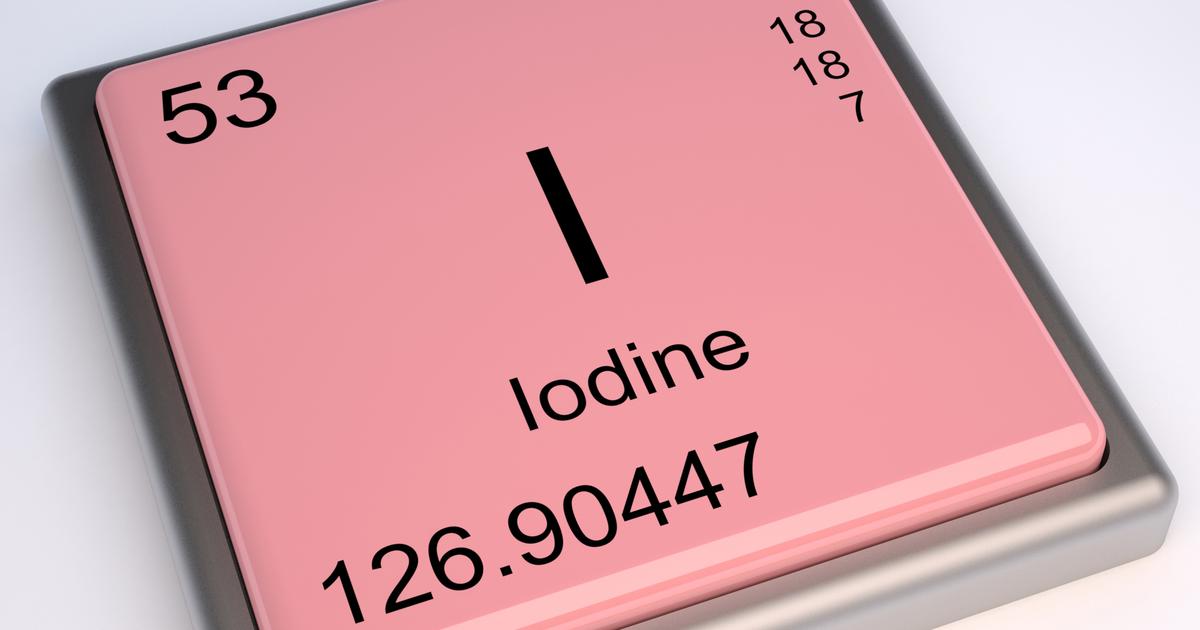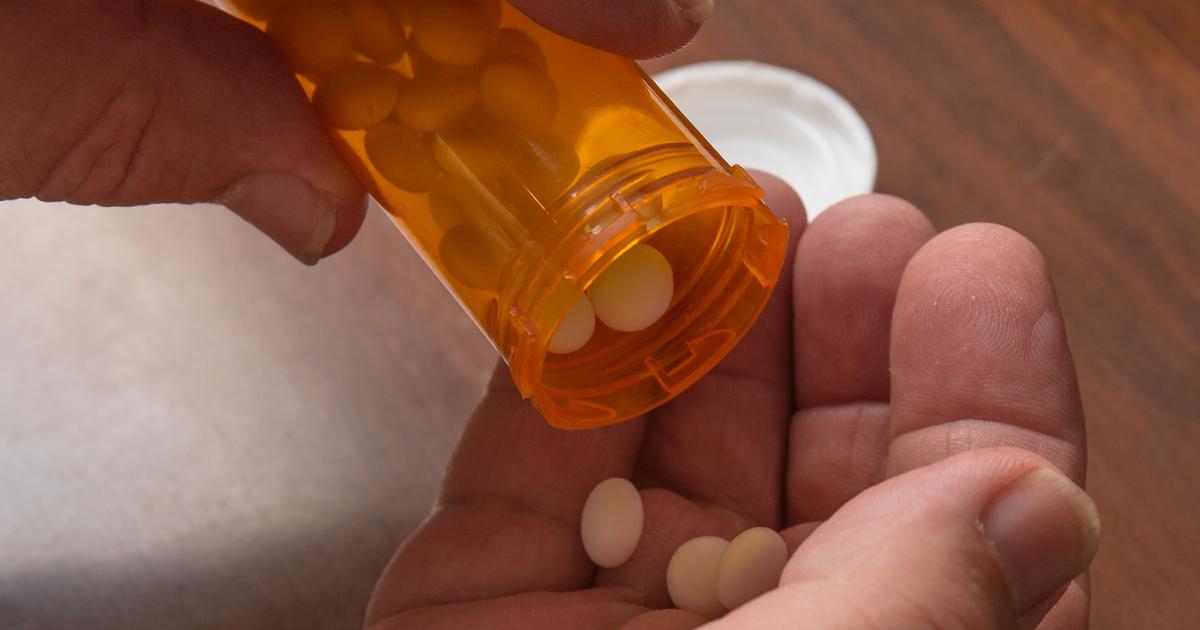How To Treat Graves' Disease
Graves' disease occurs when an individual's immune system inappropriately and abnormally produces certain antibodies that attack their thyroid gland and force it to produce more thyroid hormone than it should. Almost every organ in the body is affected by thyroid hormone production because the thyroid is responsible for controlling the way the cells in the body use energy. Graves' disease is between seven and eight times more likely to develop in women than in men, and usually affected individuals are between thirty and fifty years old. Symptoms prevalent in Graves' disease include a fast heart rate, heat intolerance, nervousness, irritability, trembling hands, problems with sleep, weight loss, muscle weakness, tiredness, irritability, nervousness, goiter, frequent bowel movements, and diarrhea. Graves' disease is diagnosed with the use of physical examination, blood testing, radioactive iodine uptake test, thyroid scan, and thyroid ultrasound.
There are several ways to treat Graves' disease. Unveil them now.
Anti-Thyroid Medication
A Graves' disease patient may need to take anti-thyroid medications like methimazole or propylthiouracil as part of their treatment plan. Ant-thyroid medication is the most simple way Graves' disease can be treated, but it is not a permanent cure. These types of medications work to treat Graves' disease by causing interference in the normal production of thyroid hormone in the body. Anti-thyroid medications can take several months to have a noticeable effect on the patient because their thyroid gland has made and stored enough thyroid hormone to keep it in the body at high levels for several weeks. The anti-thyroid medication works do deplete these stores of extra thyroid hormone so the individual's levels will decrease to normal. The average amount of time it takes for this process is between twelve and eighteen months. Anti-thyroid medications may need to be taken for long periods if a patient's Graves' disease does not go into remission. Some individuals only need to take anti-thyroid medication initially until their disorder goes into remission, and only resume when a relapse of the disease is detected in a yearly evaluation. Anti-thyroid medication can produce side effects, which may force patients to use other methods to treat their Graves' disease.
Continue reading to learn more about treating Graves' disease now.
Radioactive Iodine Therapy

An individual affected by Graves' disease may need to undergo radioactive iodine therapy to treat their disorder. Radioactive iodine therapy is a form of treatment that utilizes a compound called radioactive iodine-131 or I-131 to destroy some cells in the thyroid gland that are producing too much thyroid hormone. The radioactive iodine compound can be taken as a capsule or liquid by mouth, and the dosage for these purposes is slightly higher than the dosage utilized for certain imaging tests performed to evaluate the thyroid gland. Higher doses of iodine-131 are effective at gradually destroying the overactive hormone-releasing cells in the thyroid gland to bring the patient's thyroid hormone levels down to a more acceptable level. The radioactive iodine compound used for this therapy does not have adverse effects on other tissues in the body. In rare cases, a Graves' disease patient may need to undergo more than one radioactive iodine therapy treatment to get their thyroid hormone levels down. The majority of patients who undergo radioactive iodine therapy will develop hypothyroidism later because the cells that produce thyroid hormones have been destroyed. Hypothyroidism is easier to treat than Graves' disease because it can be completely controlled with daily medication.
Read more about how to treat Graves' disease now.
